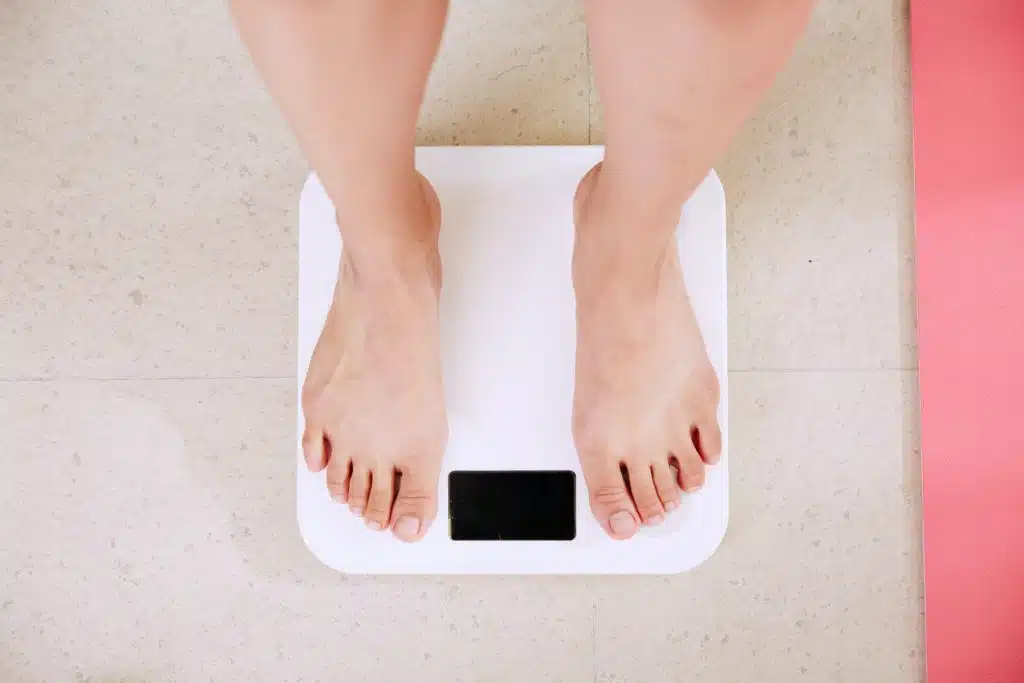Psychologists have warned that the re-introduction of measuring children’s weight in schools could result in children experiencing shame and stigma.

The National Child Measurement Programme was paused last year due to the COVID-19 pandemic. Primary school children will face being weighed in schools in the next term starting in September.
Dr Dan O’Hare, co-chair of the British Psychological Society’s Division of Educational and Child Psychology (DECP), said: “We are concerned about the news that there are plans to return to regular weigh-ins for primary school children. While we recognise the very real need to ensure children are healthy and tackle obesity, there are concerns about using the blunt instrument of weighing a child to determine this.
“Understanding weight and obesity is complex and we must look at the interaction between psychology, environmental, social and biological factors which all play their part. We have reservations about how this practice could lead to increased stigma amongst children and their families. As explained in the Division of Occupational Psychology’s paper, ‘Psychological perspectives on obesity’, shame does not motivate people or help them to make sustainable changes to their lives. Weight stigma perpetuates a cycle of shame and weight gain at all levels of obesity.
“By weighing children there is a danger we put a negative focus on body image at an incredibly young and impressionable age, which could lead to unhealthy relationships with food and body image throughout their life - the Women and Equalities committee has already raised such concerns,” he added.
The move comes as the government is planning to target obesity in children. Last week the government announced new rules on advertising unhealthy foods online and before 9pm on TV across the UK following a public consultation.
Announcing the measures, Public Health Minister, Jo Churchill, said: “We are committed to improving the health of our children and tackling obesity. The content youngsters see can have an impact on the choices they make and habits they form. With children spending more time online it is vital we act to protect them from unhealthy advertising.”
The government said the TV and online restrictions could remove up to 7.2 billion calories from children’s diets per year in the UK which, over the coming years, could reduce the number of obese children by more than 20,000.
One in three children leave primary school overweight or obese, with obesity-related illnesses costing the NHS £6 billion a year. However, while 79% of public consultation respondents supported a 9pm watershed on TV while 74% agreed with the introduction of further HFSS (foods high in fat, salt and sugar) advertising restrictions online, the plans to re-introduce weighing children in schools has divided opinion.
Melernie Meheux, co-chair of the DECP, added: “Currently, there is also very little information about how this initiative will take into account and correct the racial biases inherent in the measurement and calculation of BMI.
“The current initiative risks a focus on weight, rather than health. Rather than looking solely at weighing children as a means to tackle obesity, we should be focusing on initiatives and policies which ensure all children and families can afford good quality nutritious food, and the support is there for families and children who require school meals and extra guidance on a healthy lifestyle.
“It is vitally important that play and physical activity is encouraged and prioritised within the school day. All children need to be able to access safe places to play and take part in physical activity both inside and outside of the school setting,” she added.
The DECP recently reiterated the importance of play for children after The British Children’s Play Survey found that children are being held back from outdoor play until late childhood.

